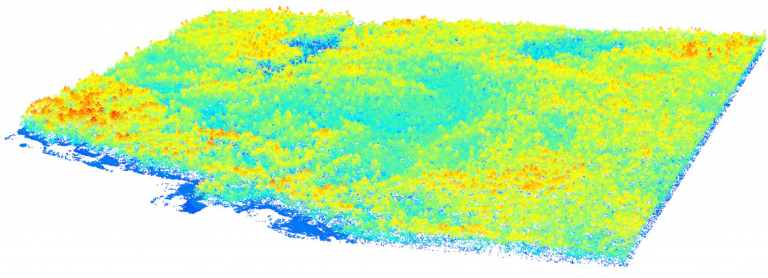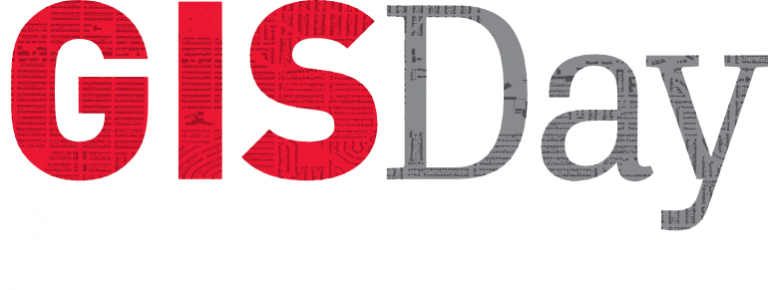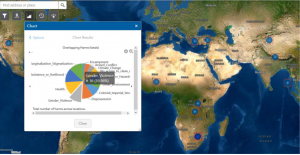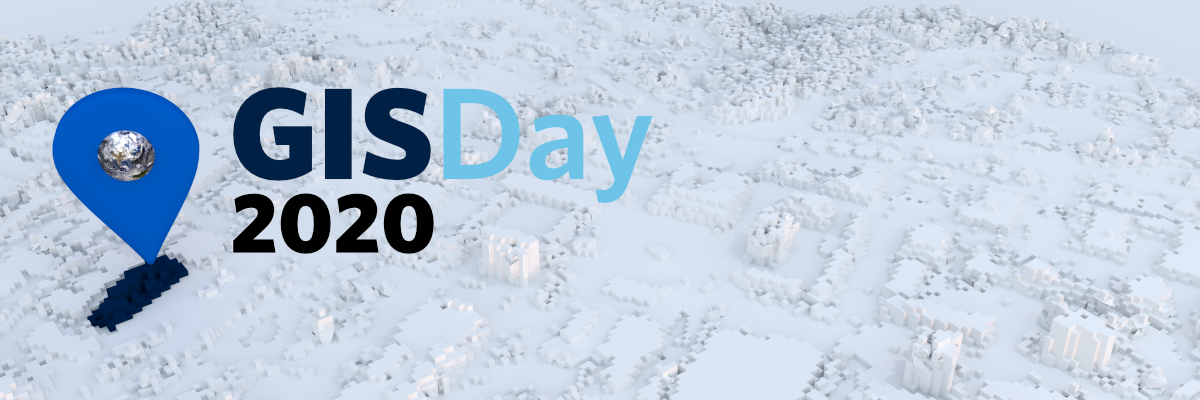Friday, September 23, 2022 – Koerner Library Room 217
Registration is required
The Python programming language was first introduced to the ArcGIS community in 2004, with the release of ArcGIS version 9.0, as one of the scripting languages that provides access to the ArcGIS geoprocessing framework. Since then, Python has become the language of choice for scripting and automation among ArcGIS users, and indeed many other applications. At the same time, the ecosystem of Python libraries has continued to grow (e.g., NumPy or SciPy for advanced mathematical and scientific processing, or more specialized modules for integrating deep learning and machine learning tools such as Tensorflow). With the introduction of the notebook interface, initially using IPython, and more recently with the Jupyter Notebook server, the Python language and specifically Python Notebooks have become highly valuable tools for data science.
This workshop introduces you to using Python code in a Jupyter Notebook, an open source web application that enables you to create and share documents that contain rich text, equations and multimedia, alongside executable code and visualization of analysis outputs. The tutorial begins by stepping through the basics of setting up and being productive with Python notebooks, and using pandas and Dask libraries for basic data wrangling tasks. You will also be introduced to ArcGIS Notebooks, which are Python Notebooks that are well-integrated within the ArcGIS platform.
By completing this workshop, you will learn how to set up and interact with ArcGIS Notebooks, and how to load, analyze, and visualize GIS datasets in a Python Notebook to create a compelling document that communicates your GIS data processes or data science workflows for other developers.
Prior knowledge of Python is highly recommended.
This workshop is meant to be an introduction to ArcGIS Notebooks, rather than learning the Python language. While all skill levels are welcome, there will only be a brief overview of Python at the beginning of the workshop.
Information about the presenter
Kendra Munn is an Urban Solutions Specialist in the Education and Research group at Esri Canada. Her role focuses on developing educational resources on ArcGIS software, contributing to academic research projects, and supporting the Professional Services group through the implementation of 3D and urban planning projects.
Things to do before arriving.
1. Create an ArcGIS Online account
You will need to create an ArcGIS Online account with GIS Professional Advanced user type with permission to use Advanced Notebooks and Geoenrichment, if you do not already have one. Ensure that you know your login username and password. Note that this workshop involves some credit consumption, but this can be minimized by skipping certain steps
- UBC Students/Faculty: If you don’t already have an ESRI account, you can get one from the UBC GIS website: https://gis.ubc.ca/software/. Please be aware that following along with this workshop will use approximately 20+ credits. To check your personal credit amount, see the "Credits" tab in your account profile settings: https://ubc.maps.arcgis.com/home/user.html#settings
- Non-UBC Students: You can obtain a free 21-day trial account of ArcGIS Online here: https://www.esri.com/en-us/arcgis/products/arcgis-online/trial#students Click Sign up for the trial, then select Software Access. A new trial account comes with enough credits for you to follow along with the workshop.
2. Acquire the appropriate software [Optional]
This workshop is being held in an instructional computer lab in Koerner Library, which will have all of the required softare already installed. However, if you would like to use your own laptop for this workshop, you will need to download and install the required software if you do not already have it:
- ArcGIS Pro, 2.9+ recommended, 2.5+ minimum
For anyone planning to use your own Mac laptop, please ensure you have all of the requirements needed to run ArcGIS Pro on MacOS: https://pro.arcgis.com/en/pro-app/latest/get-started/run-pro-on-a-mac.htm
3. Readings and reference [Optional]
- Introducing ArcGIS Notebooks: https://www.esri.com/arcgis-blog/products/arcgis-enterprise/analytics/introducing-arcgis-notebooks/ (this is for Enterprise, not ArcGIS Pro, but covers a lot of good points)
- ArcGIS API for Python: https://developers.arcgis.com/python/
- ArcGIS Pro Python Reference: https://pro.arcgis.com/en/pro-app/latest/arcpy/main/arcgis-pro-arcpy-reference.htm
- Jupyter Notebooks cheat sheet and Pandas cheat sheet.




